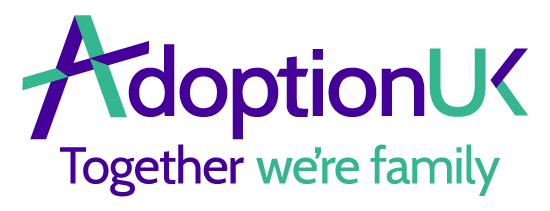FWIW, I don't think you need to stress too much about this in terms of further down the line when you're being matched. At Stage 2 you will talk A LOT with your SW about what you can and can't cope with and what complexities you are open to and not. Your SW may push you out of your comfort zone and ask you to consider your reasons for saying yes or no.
So whatever you put down now will not necessarily be what your end position is. It is your final position that will end up in your Prospective Adoptive Report that SWs will be reading when it comes to matching. So having one view now won't put you at a disadvantage when it comes to matching etc.
What it could do, if you are excessively restricted in the type of complexity you could consider, is give the agency pause to consider whether there is value in investing time and effort (and money) in assessing you. If you were indicating that you would only want to adopt a child under 2 with no health uncertainties or complications, no siblings, no BF contact, no exposure to in utero drugs or alcohol, no experience of trauma or neglect etc - an agency might well decide that you are so unlikely to be successfully matched that there's no point in assessing you. But I don't think you are being that restrictive, so it's fine, for now, to indicate what complexities you would be more comfortable with (for us, we were OK with BF contact, open to sibling groups) and which you would rule out (we didn't feel we could support a child with profound disabilities) - and for those you are unsure about, just say you're open to discussion.
All you need to do for now is persuade the agency that you're worth their time and effort in assessing because at some point you are likely to be successfully matched.

